It is a well-known fact that hydration is essential, but its importance becomes magnified when it concerns healthcare providers. Nurses make critical decisions throughout their work day while preforming duties that can be physically, mentally, and emotionally taxing. Self-care, be it in the form of rest, nutrition, or meeting one’s hydration needs, is vital for nurses because it affects their overall well-being and the care they provide to their patients.
Read on to understand why optimal hydration is necessary, the benefits, and easy strategies to meet hydration goals even during long and tiring shifts.
How Hydration Affects Nursing Performance
Long shifts, a physically demanding work schedule, a high-stress work environment, and a role that requires multitasking and quick decisions make nursing a particularly demanding profession. Nursing professionals must be at their most alert, ready to take on emergencies and tackle dynamic situations with composure and calm.
Dehydration, even by as little as 2% of your body weight, can negatively impact your physical and cognitive performance. Studies have established that even mild dehydration can cause fatigue, lower energy levels, and negatively impact concentration, memory, mood, and decision-making.
Dehydration can significantly affect nursing performance in a variety of ways:
- Physical and physiological effects - Dehydration increases fatigue and reaction time and reduces endurance and speed. It also affects the body’s ability to regulate heat and cardiovascular response.
- Emotional effects - Being dehydrated can affect a person’s moods and lead to irritability and their ability to handle stress.
- Cognitive effects - Dehydration affects a person’s ability to concentrate on a task and make decisions. It also affects short-term memory, perceptual discrimination, and visuomotor tracking abilities and can, in extreme cases, cause confusion and dizziness.
How can staying hydrated benefit nurses
Staying hydrated has a host of benefits that can help nurses perform their best. These benefits range from physical to physiological and from emotional to cognitive. Proper hydration can:
- Help the body maintain a normal temperature
- Help the heart pump blood easily
- Help muscles work efficiently
- Keep migraines and headaches at bay
- Enhance energy levels
- Increase endurance
- Improve alertness and focus
- Help improve mood and sense of well-being
- Support better cognition and decision-making
Signs of dehydration
The reality is that even as nurses go about their work day caring for their patients and ensuring their comfort, they often ignore the signals their bodies are sending out to them. If you exhibit any of the symptoms below, it’s your body’s way of telling you to pause, take a break, and treat yourself to some H₂O:
- Dark yellow or darker than usual urine
- Low or no urine production
- Fatigue
- Sleepiness
- Difficulty focusing
- Confusion
- Dry mouth
- Muscle cramps
Tips for Nurses to Stay Hydrated
Long work shifts, staying up at odd hours, physically demanding duties, emergencies, and attending to patients' emotional and physical welfare can take a toll on the health of those engaged in nursing duties. Making sure that your hydration needs are taken care of will ensure not only your well-being but also the quality of care you are able to provide to your patients.
Here are some simple tricks and strategies to keep yourself optimally hydrated throughout the day:
- Have a water intake goal for the day - Target drinking 8-12 cups (85 - 120 ounces) of water throughout the day.
- Set reminders - Set alarms or notifications reminding you to hydrate yourself regularly.
- Make water a part of your meal - Drink 8-16 ounces of water with every meal or snack you have
- Include water-rich foods in your diet - If drinking plain water is boring, consume fruits and vegetables that have a high water content, such as grapes, watermelons, oranges, celery, squashes, and others.
- Flavor your water - Make it interesting by infusing it with flavor; add a wedge of lemon, a few slices of cucumber, or a sprig of mint.
- Invest in a smart water bottle - Smart water bottles such as HidrateSpark make meeting your hydration targets much easier. Set a customized hydration goal, receive reminders, track intake, and more. It’s the perfect hydration partner, especially for busy nursing professionals seeking a healthy lifestyle.
Explore how HidrateSpark can help you meet your hydration goals to maximize endurance and performance.
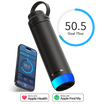
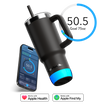
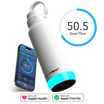
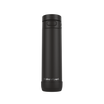
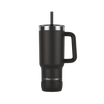

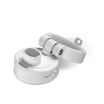
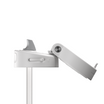
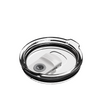
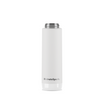
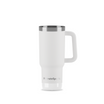
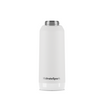
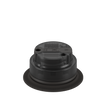
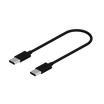


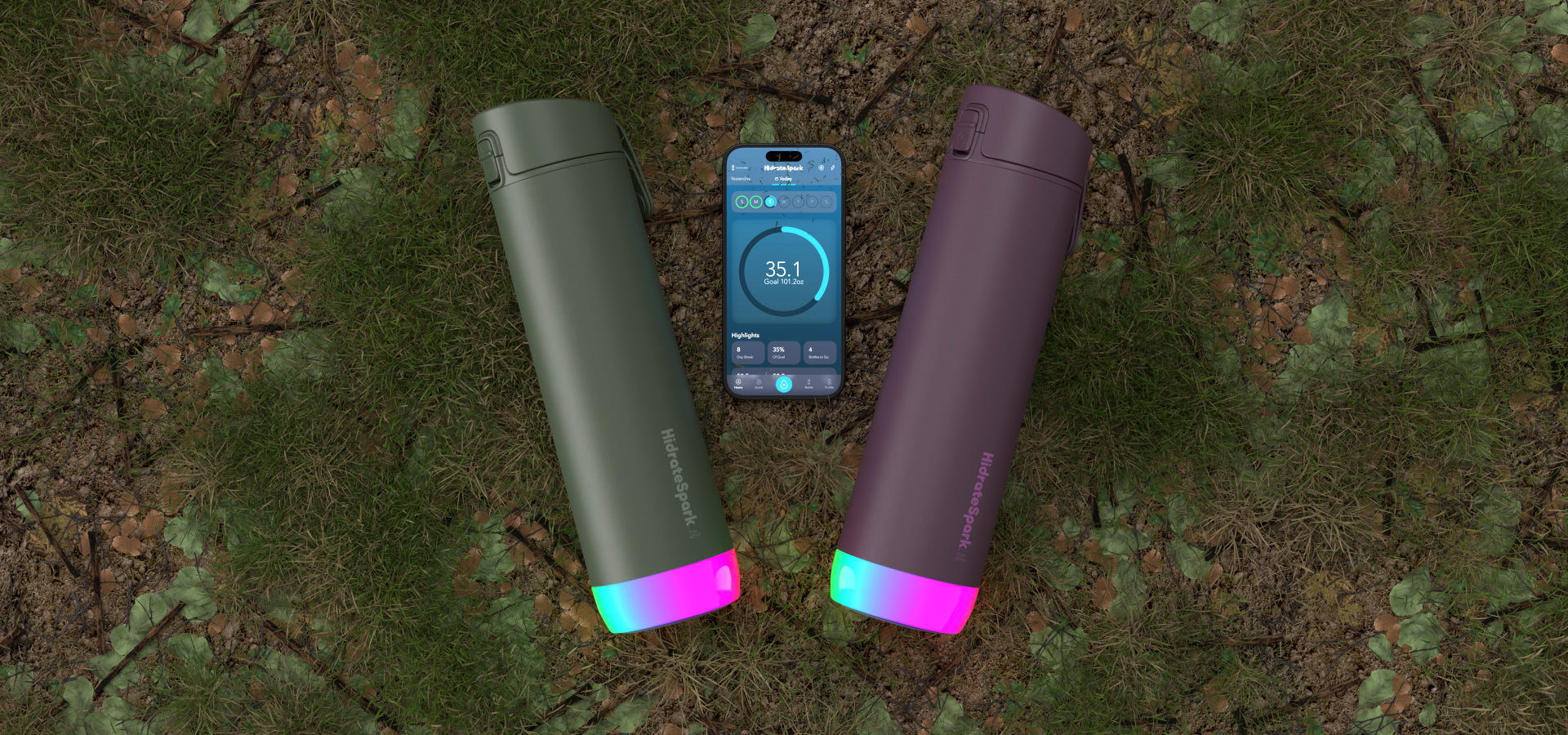

Leave a comment
This site is protected by hCaptcha and the hCaptcha Privacy Policy and Terms of Service apply.